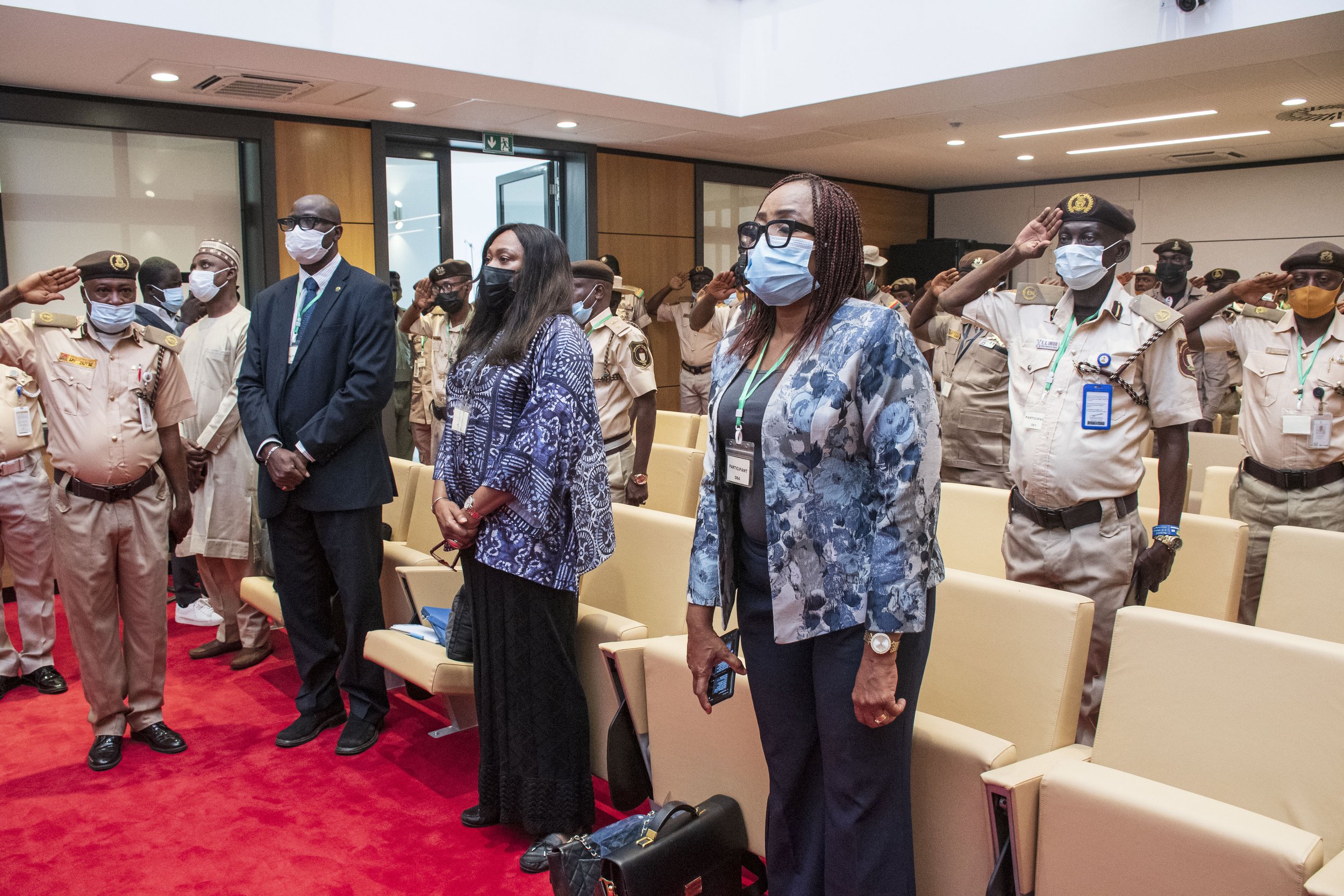Professionals Against Corruption
Overview
-
This activity was proposed by in direct response to the charge by Governments during the 2016 London Anti-Corruption Summit that activities of intermediaries such as Lawyers and Accountants had to be better monitored for vulnerabilities in facilitating corruption and the movement of the proceeds of corruption. The backdrop to the London Anti-Corruption Summit was the release of the Panama Papers, which largely unmasked the extent to which intermediaries and professional services firms were involved in corruption schemes.
-
The communique after the London Summit expressed this resolve in paragraph 8, as follows:
“In the non-financial professional services sector, we call on all countries to regulate and effectively supervise the legal, accounting, property, trust and company services sectors and support the promotion of global industry best practice in these sectors to underpin the full and consistent implementation of FATF standards globally. We will also be alert to activities or sectors emerging as vulnerable to being used for facilitating or laundering proceeds of corruption."
“We welcome the statement of support and initiative by a group of leading firms in the international professional services sector to collaborate, share experience, and work with governments and other stakeholders to help prevent corrupt funds from reaching legitimate investment and real estate markets. We will work with each other and the private sector to drive out those lawyers, accountants, real estate agents, trust and company service providers, and other professional service providers who facilitate or are complicit in corruption and deprive them of the opportunity to carry out professional activities in future.”
-
According to the OECD 2021 Report on Anti-Corruption, over 80% of corruption worldwide occurs in the public-private interface through professional intermediaries, with corrupt demands being made during various transactions along several points of the value and supply chain. In Nigeria, intermediaries and suppliers are overwhelmingly SMEs; SMEs account for 96% of businesses, represent up to 84% of national employment and contribute to 48% of the nation’s GDP. A response to corruption through intermediaries is therefore not complete without including SMEs in Nigeria.
Funders: DFID, The MacArthur Foundation
-
Soji Apampa offers his perspectives on the challenges facing Nigeria and proposes viable solutions. Click to watch videos.
Parallel Thoughts
Soji Apampa on the #EndSARS Movement
(Parallel Thoughts) Over 25 years, Integrity Organization has championed the anti-corruption cause, aiming to engage the public and inspire action. Despite challenges, the recent #EndSARS movement, led by Nigerian youth, surprised and garnered support from Soji Apampa, Executive Director. In a video, he endorses the movement, offering insights to stay ahead of potential counteractions by corrupt forces.
How to Rebuild Nigeria (Part 3)
(Parallel Thoughts) Concluding the series on rebuilding Nigeria, we explore institutionalizing development in the agricultural value chain to reduce conflict and promote integrity. Parallel Thoughts, a project by the Integrity Organization, employs a political-economy approach to influence policymakers for youth and vice versa. The organization envisions a society that values integrity over corruption, working to shape systems and institutions through transparent and consistent ratings.
Power Without Control (Part 4)
Is another amnesty program the appropriate response to the recurring Niger Delta problem? Wouldn't this approach be akin to the federal government funding/fueling an economy based on conflict? Is there a more permanent way to address the root causes of this historical issue?


